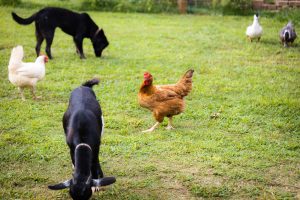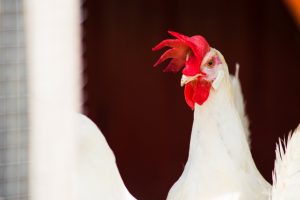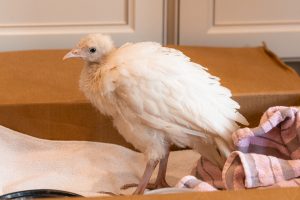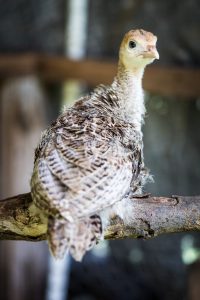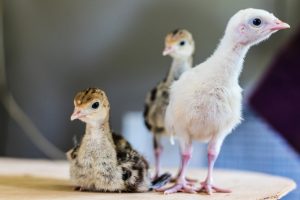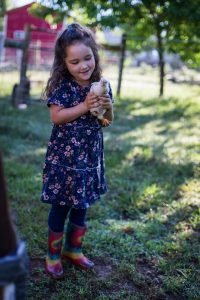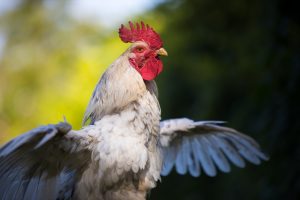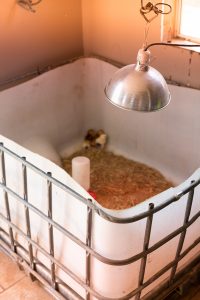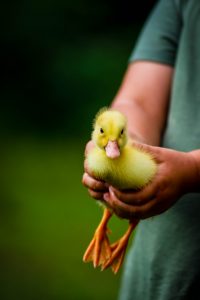What should “live” with chickens?
Well…chickens!
When it comes to housing in the coop, really only chickens should roost together Other poultry, such as ducks and geese, can be housed with chickens, but have different requirements Waterfowl require a good water supply, and a place to sleep that isn’t under roosting chickens!
Turkeys sometimes are housed with chickens, however, there is a disease called blackhead to worry about Blackhead only affects turkeys, and is spread from chicken to turkey
HOWEVER, if you let your chickens out to free range everyday, they can peacefully coexist with all farm animals!
Dogs, horses, goats, cats, rabbits, ducks,
